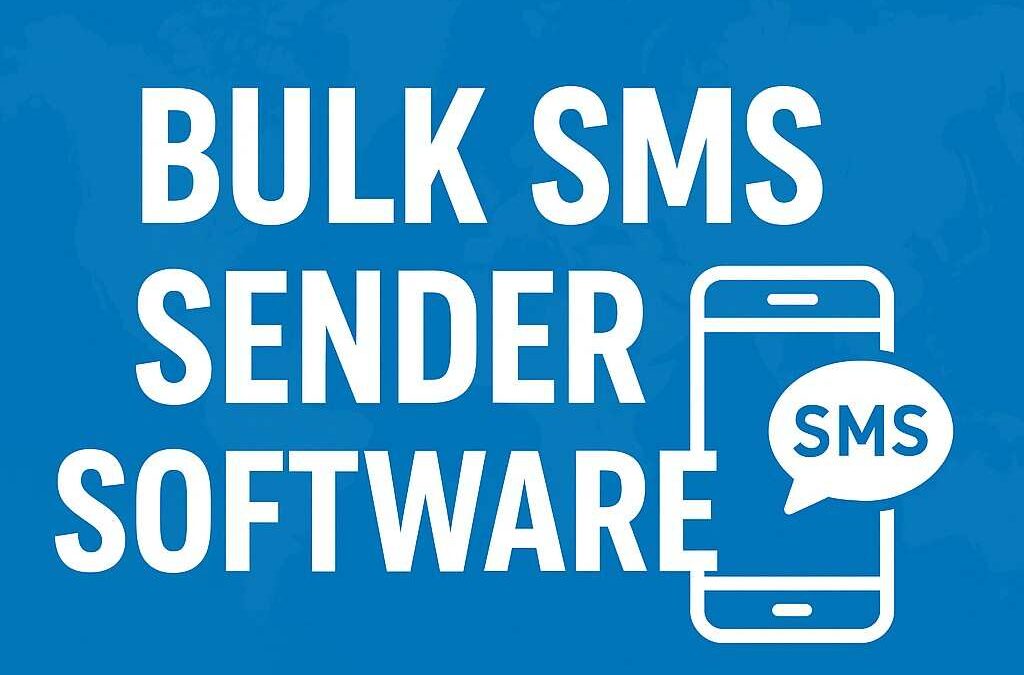Gambling advertising is a fast-growing area of digital marketing. From television spots to social media campaigns, the ways in which gambling brands reach people have multiplied in recent years. But as these campaigns expand, so does the conversation around their ethical boundaries. The question is not only how effective a gambling ad campaign can be, but also how it balances promotion with responsibility.
In today’s market, there is a thin line between encouraging responsible entertainment and unintentionally contributing to harmful behavior. This article takes a close look at the challenges, practices, and ethical considerations that shape gambling advertising today, while also sharing some insights on how advertisers can promote responsibly.
Why Ethics Matter in Gambling Marketing
When it comes to gambling marketing, the stakes are high for both businesses and consumers. On one hand, brands want to build awareness and encourage participation. On the other hand, people exposed to these ads may include vulnerable groups, such as young adults or those struggling with addiction.
The ethical question lies in how campaigns are designed. Should ads highlight only the thrills of winning, or should they also acknowledge the risks? Most successful gambling promotion strategies today try to balance the fun of participation with reminders about responsible play.
Read more on gambling advertising practices to understand how the industry is shaping this balance.
When Advertising Crosses the Line
One of the main concerns is that gambling advertisement campaigns can sometimes glamorize gambling to the point where risks are ignored. This can lead to criticism from regulators, advocacy groups, and the public.
Some of the most debated issues include:
- Targeting young audiences through appealing visuals or influencers
- Using language that promises quick financial success
- Failing to provide clear messages about responsible play
Crossing these lines not only damages brand credibility but can also lead to strict penalties or bans in certain regions.
What Responsible Gambling Promotion Looks Like
Not every gambling ad is harmful or misleading. In fact, many companies are working hard to redefine how they promote their services. A responsible gambling promotion often includes:
- Clear disclaimers about age restrictions
- Visible messages about responsible play
- Information about support services for problem gambling
- Campaign designs that avoid making gambling seem like a guaranteed way to earn money
When done right, these strategies not only meet ethical standards but also help brands build long-term trust with their audiences.
For a deeper look at building an effective gambling ad campaign, you can explore strategies that combine creativity with responsibility.
Balancing Business and Responsibility
It is possible for gambling advertisers to achieve results without stepping over ethical lines. Campaigns that focus on entertainment rather than financial promises resonate better in the long term. Similarly, brands that openly discuss responsible play are often seen as more trustworthy.
If you are planning to run campaigns in this space, the best way forward is to launch a test campaign and measure how different approaches perform. Testing allows marketers to fine-tune messaging that both engages audiences and meets ethical expectations.
You can start by exploring platforms where you can launch a test campaign and track the results responsibly.
Global Perspective on Gambling Advertisement Rules
Different regions have different rules when it comes to gambling advertisement campaigns. For example:
- In the UK, gambling ads must include warnings about responsible play and cannot target underage audiences.
- In the US, regulations vary by state, with some requiring clear disclaimers and others limiting advertising altogether.
- In parts of Asia, gambling ads are highly restricted and often only allowed for state-run lotteries.
These variations make it important for advertisers to stay updated with local rules before running any campaign.
The Shift in Audience Expectations
Over the last few years, audiences have become more aware of the potential risks of gambling. Many people expect transparency and honesty from brands. Ads that use humor, show entertainment value, or highlight community engagement tend to perform better than those that only focus on winning money.
This shift suggests that the future of gambling marketing will likely move towards campaigns that feel more authentic and socially aware.
Key Takeaways for Advertisers
- Ethical responsibility matters – Building trust can be more valuable than short-term profits.
- Transparency wins – Honest messaging about risks and rewards resonates better with audiences.
- Follow regulations closely – Different markets have different rules, and compliance is non-negotiable.
- Responsibility is part of branding – Consumers are more likely to support brands that show care for their well-being.
- Test before scaling – Smaller, controlled campaigns help ensure your strategy stays within ethical boundaries.
Conclusion
Exploring the ethical boundaries in gambling advertising campaigns is not about limiting creativity. Instead, it is about finding smarter ways to connect with audiences without crossing lines that can harm individuals or communities.
Responsible campaigns do not just protect consumers; they also help brands build long-term trust and sustainability in a highly competitive market. As gambling advertising continues to evolve, the companies that succeed will be those who understand that ethics and effectiveness can go hand in hand.







0 Comments